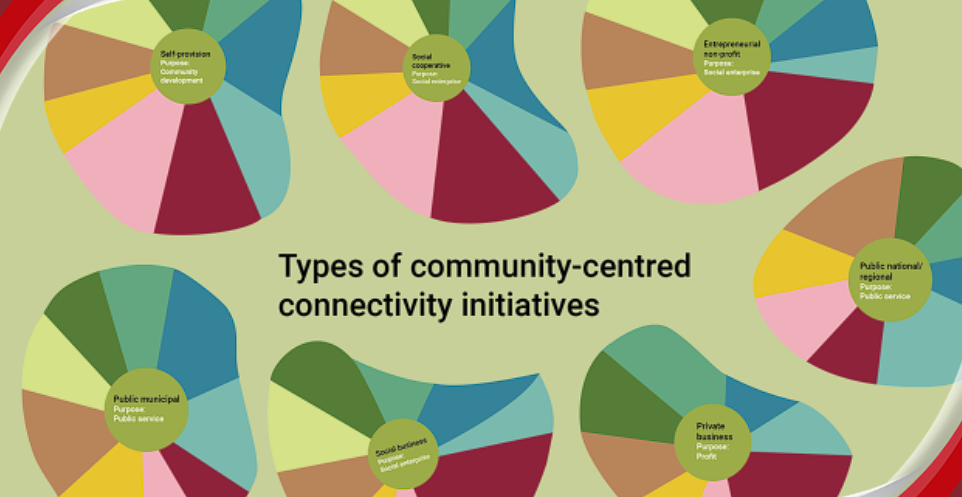Articles
Green energy to support job creation in SA
-
5 months ago
South Africa has the highest employment impact potential in Africa, across the solar and wind energy value chains.
This is one of the key findings of the Forecasting Green Jobs in Africa report, which shows SA, Kenya and Nigeria represent the highest job creation potential (16%) on the African continent, due to population, gross domestic product and industry maturity.
The research, conducted by talent advisory firm Shortlist and finance agency FSD Africa, with analysis from the Boston Consulting Group, shows SA has the highest employment impact potential across the solar value chain, similarly so for the wind energy sector.
The report predicts the creation of up to 3.3 million new green jobs across the continent, with the majority in renewable energy, particularly solar.
The renewable energy sector in the three regions alone is expected to generate up to two million jobs (70% of the total) of which 1.7 million will be in solar, by 2030.
The study forecasts the potential for direct green jobs in 12 value chains from five key sectors: energy and power; mobility and transportation; agriculture and nature; construction and real estate; and manufacturing and materials.
In SA alone, between 85 000 to 275 000 new green jobs are forecast by 2030 – mainly in energy and power production, and agriculture and nature. The solar sector leads job creation in SA, with 140 000 jobs in this sector projected by 2030, according to the report.
“This report takes seriously the notion that human capital and talent is important as both an input to green economic growth, and as a positive outcome − in the form of millions of new, direct jobs,” says Paul Breloff, CEO of Shortlist.
“Now policymakers, and funders, and workforce developers need to step up to meet this near-term demand with effective training, apprenticeships and job/skill matching, in hopes of achieving Africa’s green promise.”
SA had the largest renewable energy capacity in Africa, as of 2023, reaching 10.62GW, states the report.
Delivering his seventh State of the Nation Address earlier this year, president Cyril Ramaphosa noted SA’s abundance of solar, wind and mineral resources bodes well for job creation in the renewables energy sector.
Nigeria is predicted to create between 60 000 and 240 000 new green jobs by 2030, while Kenya is expected to create between 40 000 to 240 000 green jobs in the same period.
The report further predicts that 60% of the employment generated by the green economy over the coming six years will be skilled or white-collar in nature.
Within this, 10% constitute “advanced jobs” (highly-skilled, requiring university degrees to fulfil), while a further 30% are projected to be “specialised” (requiring certification or vocational training) and 20% will be administrative in emphasis.
“Crucially, these job types tend to attract higher salaries and will, therefore, play a central role in spurring the growth of the middle-class in countries hosting these high-growth sectors. Important also is the stability of the unskilled jobs created – which will offer ladders up the employment scale for candidates, whose employability will be enhanced by access to training and experience,” notes the report.
In terms of requirements, the report recommends key initiatives organisations and governments should focus on, in order to meet the full potential in the sector’s job creation. These include skills development, diverse capital availability and the development of resilient infrastructure.
“Human capital/skills – to equip the workforce with skills for green occupations and transition, and strengthen institutions to support planning, implementation and monitoring of green initiatives. Diverse capital availability − for infrastructure, technology and business operations. Strong policies and governance will support stable operating environment, trade policy and incentives for investment in green sectors, “it says.
The report further points out that achieving these targets requires persistent and intentional action from stakeholders, including learning and training institutions, funders and investors, large employers and industry associations, and policy-makers and researchers on skilling and enablement.
Related Articles Posts
Categories
Popular Post
-
 SA’s IT spend to outpace GDP growth 1 year ago
SA’s IT spend to outpace GDP growth 1 year ago -
 Vodacom, Netstar launch free in-taxi Wi-... 1 year ago
Vodacom, Netstar launch free in-taxi Wi-... 1 year ago -
 South Africa under pressure to fill cybe... 1 year ago
South Africa under pressure to fill cybe... 1 year ago -
 Organisations with a strong employee val... 1 year ago
Organisations with a strong employee val... 1 year ago -
 Joint policy-in-action event highlights... 1 year ago
Joint policy-in-action event highlights... 1 year ago -
 Boost your digital transformation journe... 1 year ago
Boost your digital transformation journe... 1 year ago








